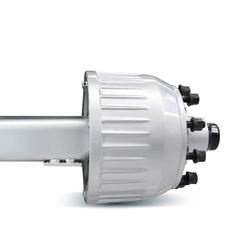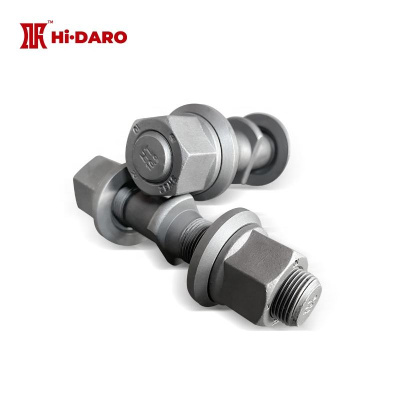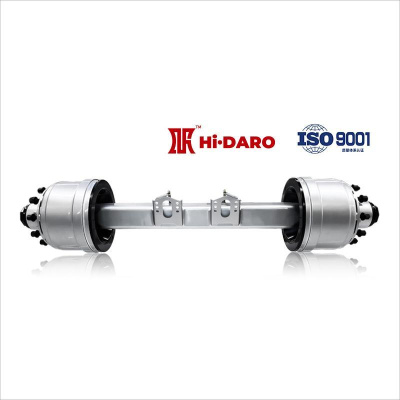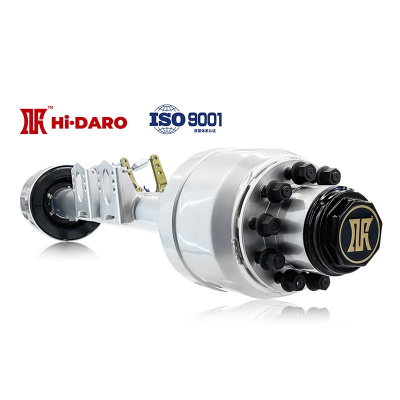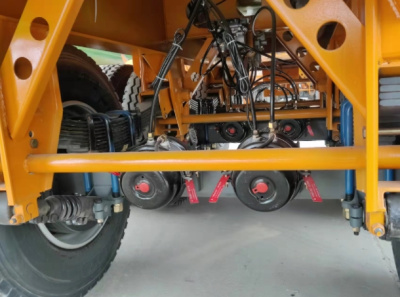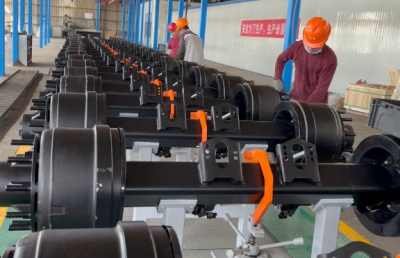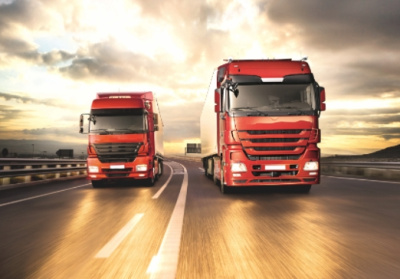La valeur des camions lourds au gaz naturel vaut-elle la peine d'être acquise?
Les camions lourds au gaz naturel désignent un type de véhicule qui utilise le gaz naturel comme carburant et remplace le carburant. Leur carburant peut généralement être divisé en deux types : le GNL (gaz naturel liquéfié) ou le GNC (gaz naturel comprimé).
Avec la hausse continue des prix du diesel et les coûts d'exploitation croissants des camions lourds à carburant traditionnel, associés à la prévalence des nouvelles tendances énergétiques dans les véhicules, de nombreux propriétaires de voitures ont tourné leur attention vers les camions lourds au gaz naturel lors de l'achat de voitures.
Selon les données pertinentes, les ventes de camions lourds nationaux à gaz à essieux naturels ont augmenté de 11 % d'un mois sur l'autre et de 166 % sur un an en juin de cette année. C'est également le cinquième mois consécutif que le marché des camions lourds au gaz naturel enregistre une croissance mensuelle et annuelle. Il n'est pas exagéré de dire que les camions lourds au gaz naturel sont presque devenus un moteur important de la reprise du marché des camions lourds.
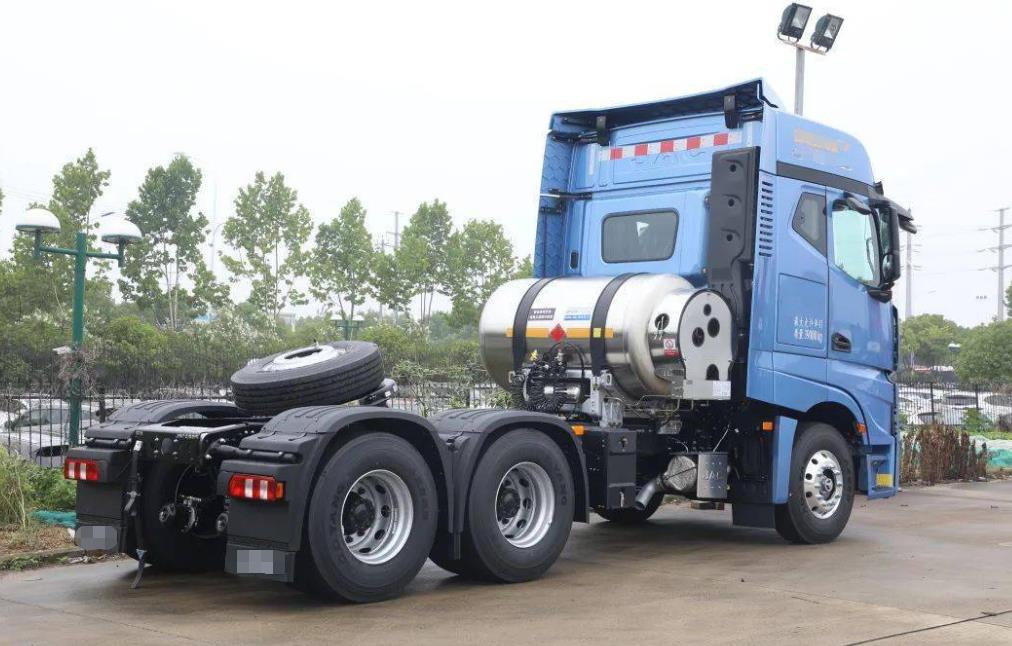
So, is it worth starting with natural gas heavy-duty trucks? This also starts from the advantages and disadvantages of natural gas heavy-duty trucks themselves.
Advantages of natural gas heavy-duty trucks:
1. Fuel prices are cheaper:
In general, natural gas prices are cheaper than diesel, especially in the current context of rising fuel prices. In terms of vehicle fuel alone, natural gas heavy-duty trucks can save a lot compared to traditional fuel vehicles.
2. More environmentally friendly:
As a clean fuel vehicle, natural gas heavy-duty trucks have advantages such as clean environmental protection, good economy, and low operating costs. Under the same conditions, the emission pollution of natural gas heavy-duty trucks is much lower than that of diesel vehicles. The carbon dioxide, carbon monoxide, and hydrocarbons in the exhaust are significantly reduced compared to diesel vehicles, and there are basically no harmful substances such as sulfides and benzene.
3. Protecting the engine:
Natural gas burns more completely and cleanly in the engine, which is less prone to carbon accumulation. It can greatly reduce the wear of parts in the engine cylinders, extend the engine's service life, and reduce vehicle maintenance or repair costs.
4. High ignition point and low temperature resistance:
The ignition point of natural gas is high, above 600 ℃, and it is not flammable. In cold weather conditions, there is no wax formation in diesel, and there is no need for oil heating. Additionally, it has good low-temperature starting performance.
5. Not afraid of 'fuel consumers' stealing oil:
Natural gas is not something that can be stolen if essieu de remorque you want to. When car owners are tired, they can stop and rest without worrying about fuel theft or sleeping on the fuel tank in cold weather.
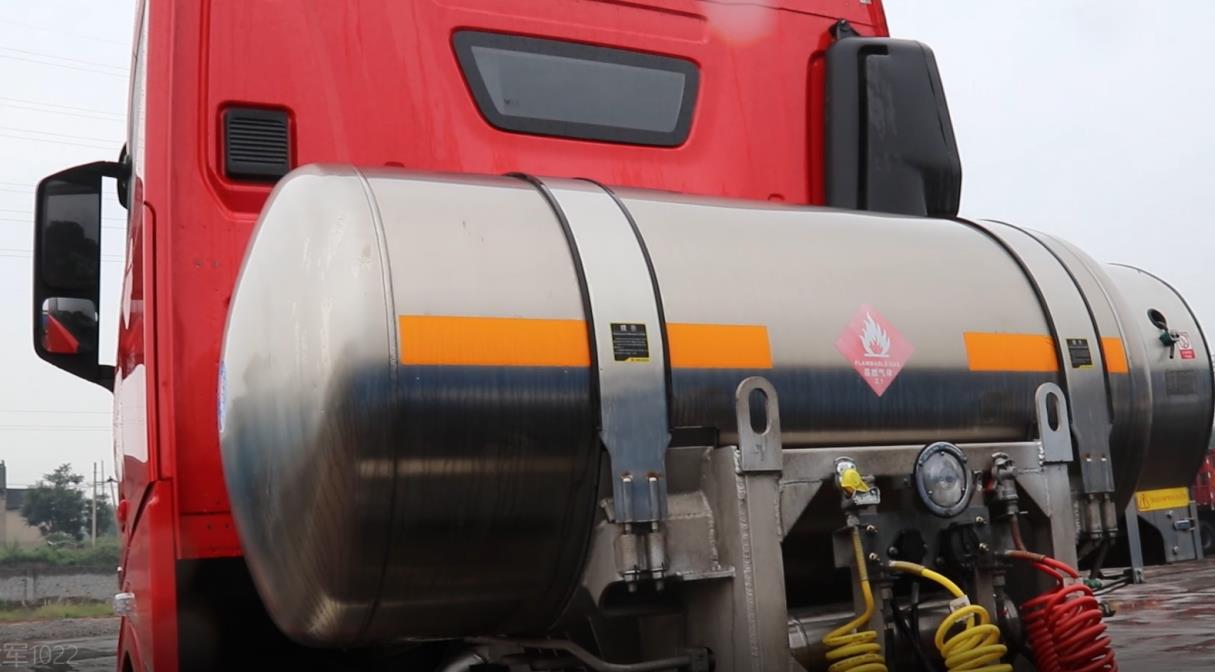
Disadvantages of natural gas heavy-duty trucks:
1. Poor coverage of gas stations:
At present, the coverage rate of gas stations in China is far lower than that of gas stations. Once car owners have traveled a long distance, they must always calculate their fuel mileage and plan their routes.
2. High selling price and long payback period:
At present, the price of natural gas heavy-duty trucks is generally higher than that of gasoline vehicles. Even if modified, such as replacing the engine, installing gas storage tanks, pressure reducing valves, mixers, etc., the price is probably tens of thousands of yuan. Under the same horsepower configuration, natural gas heavy-duty trucks have a longer payback cycle than fuel heavy-duty trucks. If the supply of goods is stable, this is not a problem, but when the market situation deteriorates, car owners may face greater pressure to pay back.
3. High maintenance costs:
According to some car owners, repairing a heavy truck with natural gas costs at least over a thousand yuan, resulting in higher maintenance costs.
4. Insufficient power:
Especially at present, most engines of natural gas heavy-duty trucks are modified from original diesel engines. After switching to natural gas, the power often decreases by about 10% -20%, which to some extent leads to the phenomenon that car owners claim to be sluggish climbing and slow acceleration response.
5. Not suitable for long-distance transportation:
After filling up the fuel tank of a heavy truck, it is basically not a problem to run for over one or two thousand kilometers, but a natural gas heavy truck of the same specification can run for about a few hundred kilometers even if it is fully charged.
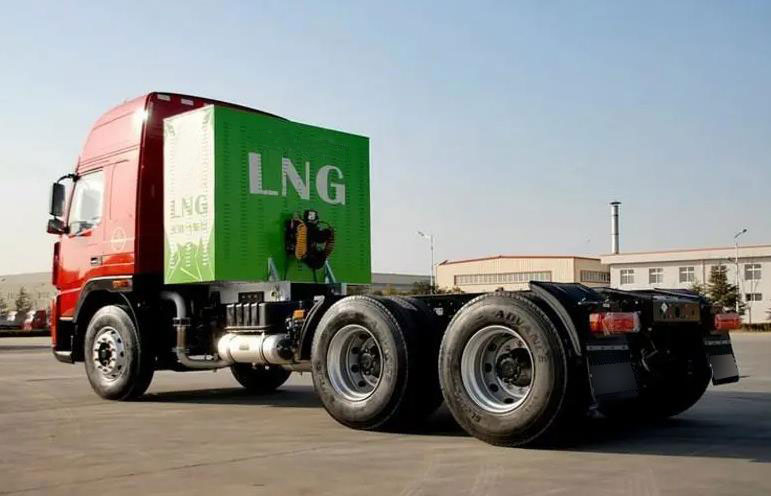
Il convient de noter que les coûts d'exploitation des camions lourds au gaz naturel ne sont pas fixes et sont étroitement liés aux prix de l'essence. Par exemple, au second semestre 2017, en raison de l'impact du gaz de chauffage, les prix du GNL ont considérablement augmenté, entraînant une augmentation significative des coûts d'exploitation de l'essieu de remorque des poids lourds au gaz naturel. Il y a même eu des cas de camions lourds au gaz naturel qui ont été fermés sur le marché.
De plus, le réservoir de stockage de gaz des camions lourds au gaz naturel ne devrait pas manquer de
